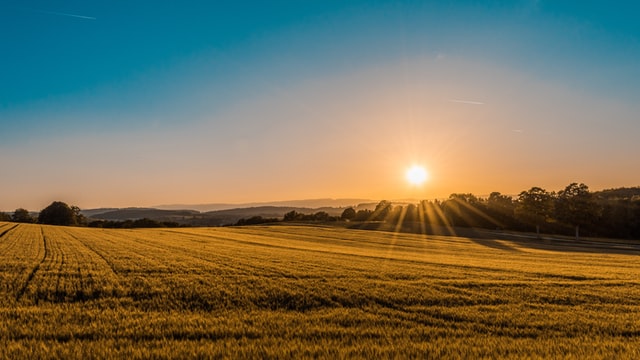Trusts like central heating, roads and other useful items date back to the Romans but it is to medieval times we owe our current trust law when landowners heading off to crusades made their lands subject to a trust, ensuring their wives and infant children were protected by friends remaining who became the trustees. The world has changed a lot since then but trusts are as useful and relevant now as they were then.
Trusts are often seen as something that only the super-rich use or something that is only useful for tax avoidance. In fact, trusts are used far more for asset protection and far more widely than most people think. A trust works by allowing someone to have control over land whilst allowing others to use or benefit from it.
Wills often include trusts as a way to manage land and property following someone’s death or they can be set up during lifetime. The current inheritance, tax and capital gains tax regimes are relatively benign, particularly in terms of reliefs for agricultural and business assets, and it is a good time to look at how a trust can work for you.
A landed estate is a classic example. The house and land will have been in the family for generations. Rather than being in the names of an individual, it will be held by trustees. This gives asset protection and a continuity of ownership. It allows for the trustees to plan for the long term in managing the estate and associated businesses. It can provide an income from the land for family members who do not want, or are not able, to actively be involved. Most importantly, it allows for the estate as a whole to be kept together and for income to be distributed to different family members, rather than an estate or farm having to be split each generation, thereby reducing the size to an unviable business.
Trusts are used in conjunction with other legal structures – land is often owned by a trust and used by a family farming partnership or company who conduct the business on a day to day basis. Children and other beneficiaries of a trust are always encouraged to think about pre-nuptial agreements on marriage.
The trust should therefore be considered as an integral part of family succession planning, be it a landed estate or for a farming family who wants to ensure that the farm can remain within the family and prosper. Whatever the reason for a trust, it is important that professional advice is taken on the creation and for the ongoing management of a trust.
If you wish to discuss any of the issues raised in this article, contact Phil Nelson and other members of the Private Client Agricultural Team.
A version of this article first appeared in the Yorkshire Post Country Post supplement on 14th November 2020



